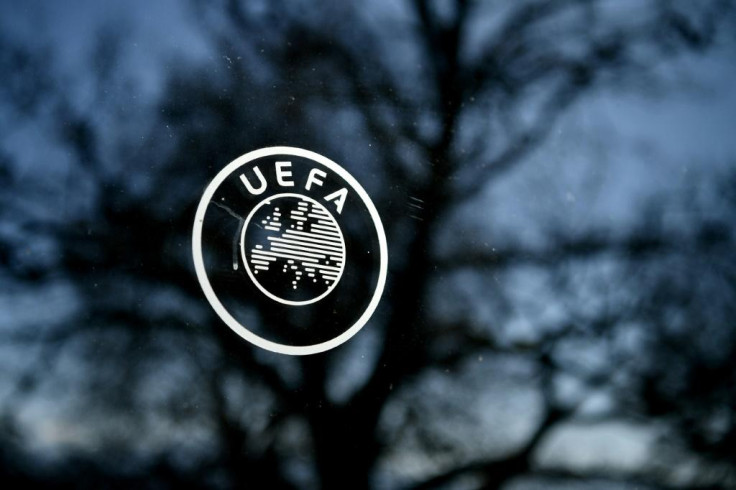UEFA Women's EURO 2021 postponed to July 2022
The decision to postpone the women's tournament is taken to avoid a clash with the men's Euro 2021
UEFA's Executive Committee has reportedly confirmed that the UEFA Women's EURO 2021 will now be played between July 6 and 31, 2022 in England.
It has been planned that the same venues that were initially proposed for the 2021 tournament will now host the rescheduled championship.
The decision to reschedule the Women's European championship came weeks after UEFA had announced that the men's Euro 2020 would be postponed to 2021 due to the novel coronavirus pandemic.
Meanwhile, UEFA has repeatedly spoken about its commitment to protecting the health of all those involved in the sport, including the players, staff as well as the supporters.
The current sporting season is halted amidst the COVID-19 outbreak and UEFA is eager to allow the domestic and continental club competitions to be completed before organising their flagship Euro Cups.
As a result, on March 17, they announced their decision to postpone the men's tournament. Just over a month later, the European football governing body confirmed that the women's version of the tournament, which was originally scheduled in 2021, will now be played in 2022.
Their decision is backed by their agenda of allowing the women's flagship competition to gain enough spotlight. With the men's Euros scheduled in 2021, it was obvious that the global football fraternity's eyes would have been on that tournament rather than the women's event. To avoid such a clash, UEFA thought that it would be wise to reschedule the women's Euro as well.
UEFA president Aleksander Čeferin said, "When we had to take an urgent decision on the postponement of UEFA EURO 2020, we always had the impact on UEFA Women's EURO 2021 in mind. By moving UEFA Women's EURO to the following year, we are ensuring that our flagship women's competition will be the only major football tournament of the summer, providing it with the spotlight it deserves."

Europe has been hit hard by the coronavirus outbreak. Over 18,000 people have died from the disease in the UK alone, while Italy and Spain continue to be the worst-hit European countries, with 25,000+ and 22,000+ death tolls respectively.
All domestic leagues, as well as the UEFA Champions League, are halted with no clarity over when the sport can return to normal.
Amidst such an emergency, Ceferin believes that the postponement of the women's Euro championship to 2022 will ultimately benefit women's football at large.
© Copyright IBTimes 2024. All rights reserved.





